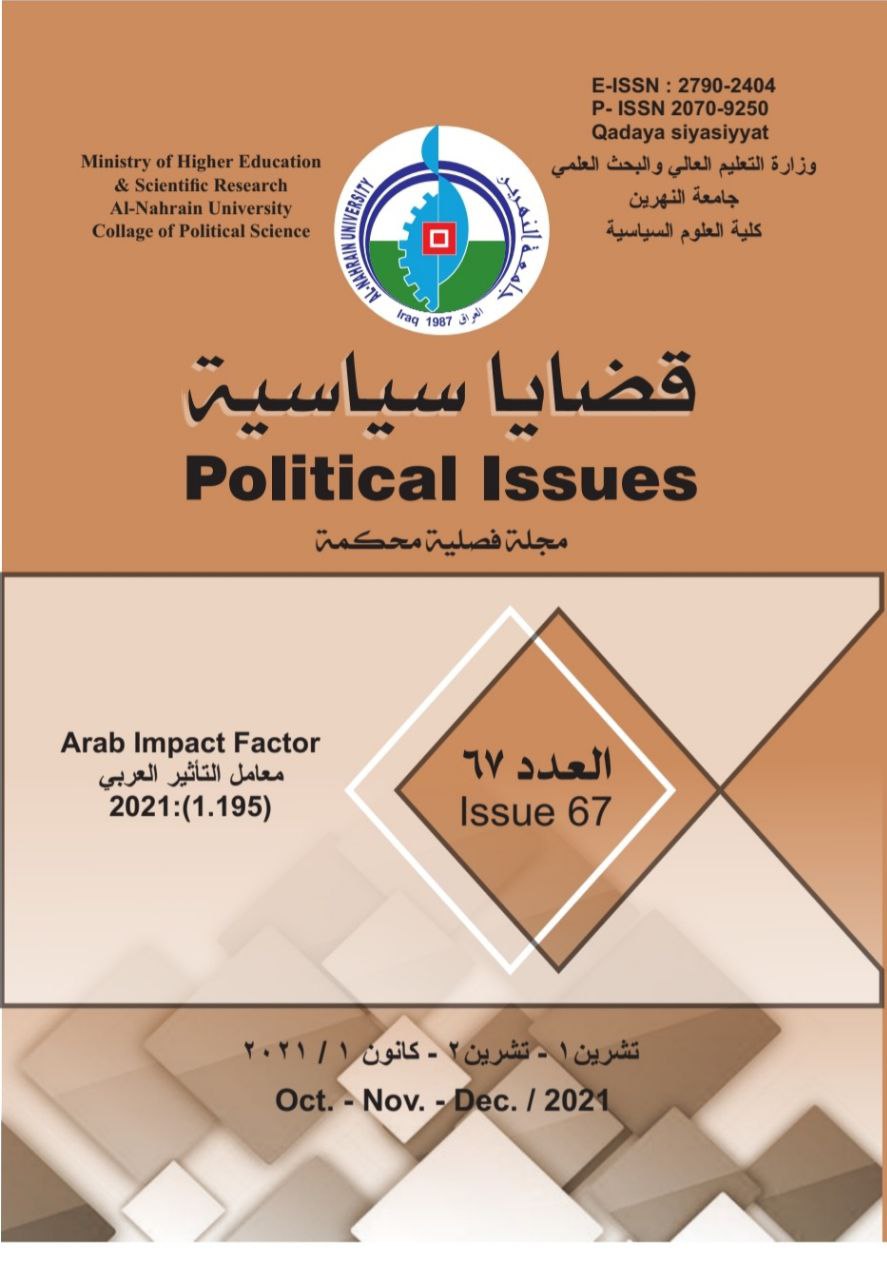Ministry in the Mongol Ilkhanate State 653 - 7375 AH / 1255-1337 AD
DOI:
https://doi.org/10.58298/202258Keywords:
الوزارة, الدولة, المغولية, الايلخانيةAbstract
The Mongols were known for their passion for war and its arts, so they were able easily and in a record period to extend their control over the neighboring countries and nations, but they found it difficult to manage it due to their weak experience, so the Ilkhanid Mongol state (653 - 737 AH / 1255-1337 AD) used the expertise of the people of the occupied countries, the majority of whom are Muslims, and their administrative systems Including the Ministry.
To what extent did the Ilkhanids apply the ministry system? Did this administrative system have an impact on the development and development of administrative work within the state? Have competent ministers emerged who left a positive impact on the state administration? What is the addition that the Ilkhanians added to this system?
The study showed that while the Ilkhanids granted their ministers wide powers and powers, but those powers and authorities were limited to the civilian side rather than the military, as the military and security leadership remained the preserve of the Mongols only, and administrative leaders (ministers) who were highly qualified appeared in this era. And the experience was able to organize, develop and develop the administrative apparatus of the Mongol Ilkhanate state, but the state Ilkhans did not appreciate these efforts, but rather were led behind the malicious and sedition promoters and killed their ministers who had served the state for decades. This addition caused the squandering of state resources and disruption of its administrative system

Downloads
Published
Issue
Section
License
This is an Open Access article distributed under the terms of the creative commons attribution (CC BY) 4.0 international license which permits unrestricted use, distribution, and reproduction in any medium or format, and to alter, transform, or build upon the material, including for commercial use, providing the original author is credited.


